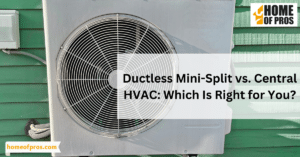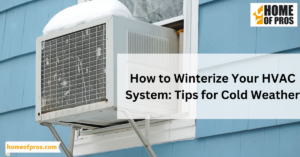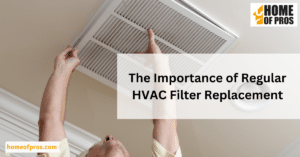Regular HVAC maintenance is crucial to keep your system running efficiently. Start by replacing or cleaning air filters monthly to ensure proper airflow and reduce strain on the system. Additionally, schedule annual professional inspections, clean the condenser and evaporator coils, and check thermostat settings to maintain a comfortable and energy-efficient home environment.
Your HVAC system, the unsung hero of indoor comfort, requires regular maintenance for peak performance. Efficiency is the goal, balancing comfort and cost savings. In this blog, discover seven essential HVAC maintenance tasks to maintain system efficiency, from air filters to thermostats. Let’s explore how to keep your space comfortable while saving on energy bills.
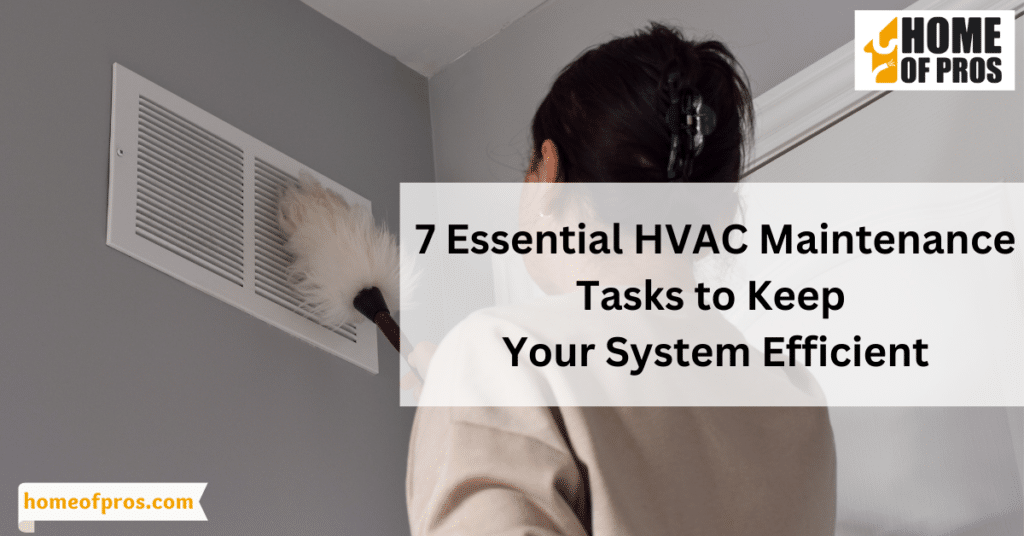
1. Regular Filter Replacement
Air filters are the first line of defense for your HVAC system. They trap dust, pollen, pet dander, and other particles, preventing them from entering your home. Over time, these filters can become clogged, hindering the flow of air. When airflow is restricted, your HVAC system has to work harder to maintain the desired temperature.
This not only increases energy consumption but also puts extra strain on the system’s components, potentially leading to costly repairs. To avoid these issues, make a habit of checking your air filters every month and replacing them as needed. High-efficiency filters may last longer but still require regular monitoring.
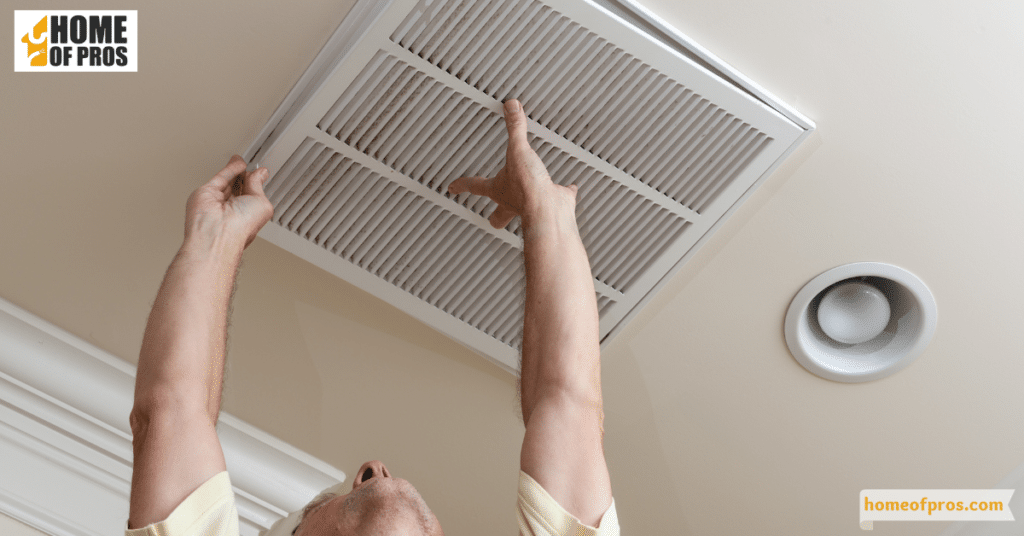
2. Clean Evaporator and Condenser Coils
The evaporator and condenser coils in your air conditioner or heat pump are critical for the heat exchange process. When these coils become coated with dirt and grime, they can’t effectively absorb and release heat, which can reduce your system’s efficiency. Cleaning these coils periodically, usually once a year, is crucial.
Start by turning off the power to your HVAC unit and gently brushing away surface debris. Then, use a specialized coil cleaner or a mixture of water and mild detergent to clean the coils thoroughly. This simple task can significantly improve your system’s performance and energy efficiency.
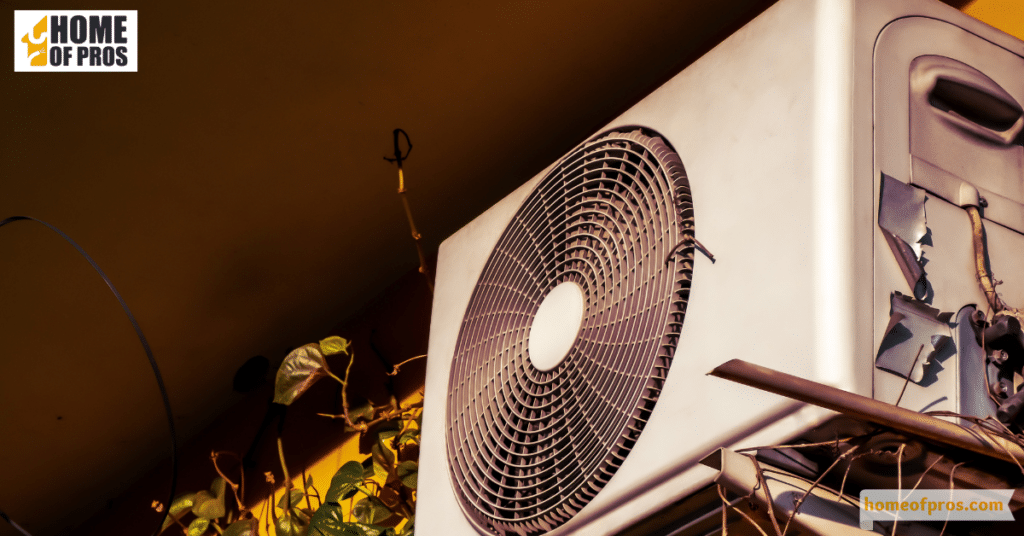
3. Inspect and Clean Air Ducts
The air ducts in your home distribute conditioned air to different rooms. Over time, they can develop leaks, cracks, or accumulate dust and debris, which can reduce HVAC efficiency. Periodically check your ductwork for visible damage and seal any gaps using duct tape or mastic.
Additionally, consider having your ducts professionally cleaned every few years, especially if you notice reduced airflow or excessive dust in your home. Clean ducts improve air quality and ensure that conditioned air reaches its destination efficiently, saving energy and reducing strain on your system.
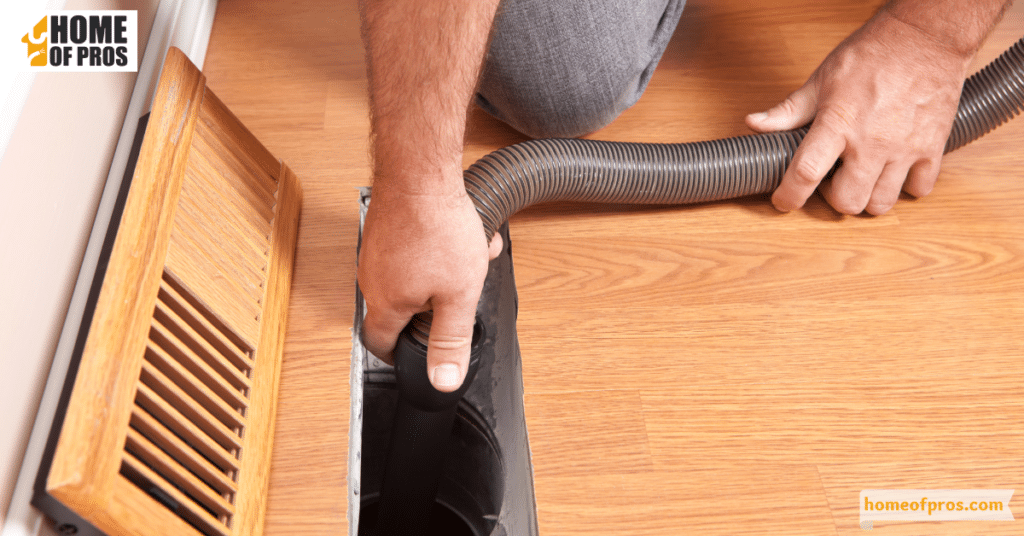
4. Lubricate Moving Parts
Within your HVAC system, an intricate network of moving components, such as fan motors and bearings, plays a pivotal role in ensuring efficient operation. These parts continually rotate and interact to distribute conditioned air throughout your home. To keep them performing optimally, regular lubrication is essential. Proper lubrication serves as a protective barrier against friction, reducing wear and tear that can lead to premature component failure.
By adhering to the manufacturer’s recommendations for lubrication intervals and using the correct type of lubricant, you can significantly extend the lifespan of these vital components. The result is a smoother, quieter, and more energy-efficient HVAC system, providing both comfort and peace of mind.
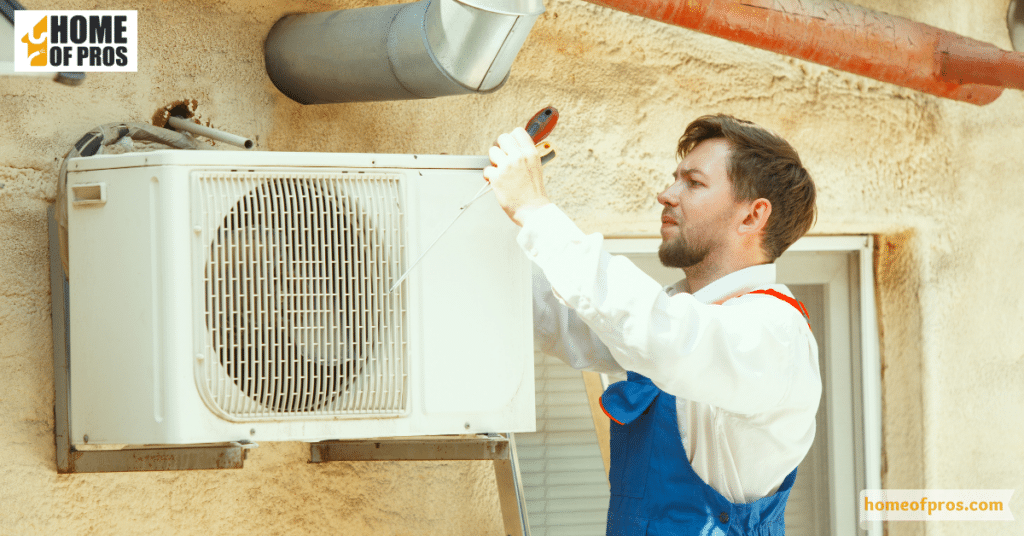
5. Thermostat Calibration
Your thermostat serves as the command center for your HVAC system, dictating when it should heat or cool your home. To ensure precise temperature control and efficient operation, thermostat calibration is of utmost importance. Begin by comparing the readings on your thermostat to those of a digital thermometer strategically placed in your home. If you detect a noticeable discrepancy, it’s time to take action.
A thermostat that is not calibrated correctly can lead to unnecessary heating or cooling cycles, driving up energy bills and causing undue strain on your system. In such cases, calibrating or replacing the thermostat is necessary to restore accuracy. A calibrated thermostat ensures that your HVAC system responds promptly to changes in temperature, maintaining your desired comfort level while minimizing energy wastage and operating costs.
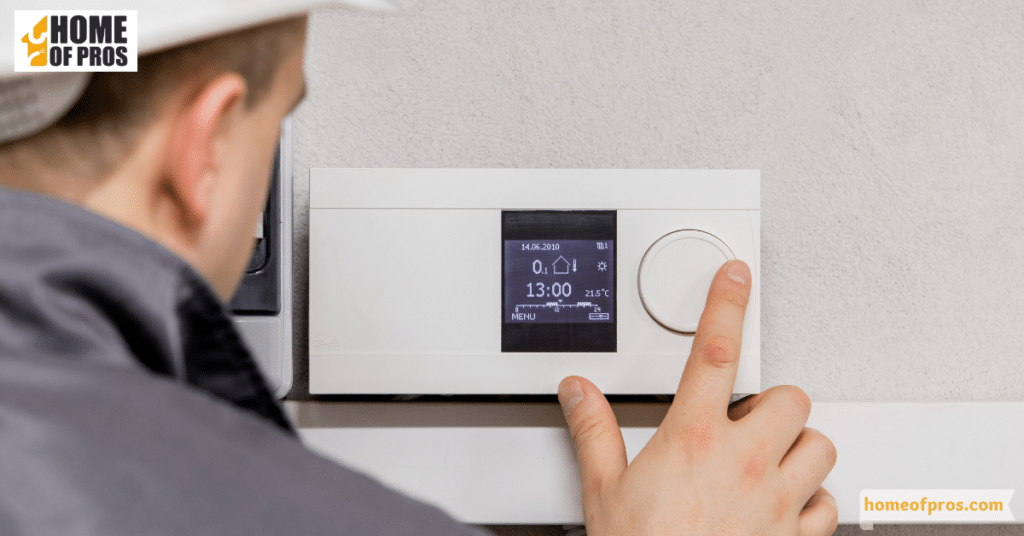
6. Clear Surrounding Debris
The outdoor unit of your HVAC system (the condenser) requires proper airflow to release heat effectively. Ensure that the area around the condenser is free of debris, leaves, grass, or any objects that might obstruct airflow.
Trim back bushes or vegetation to maintain a minimum clearance of at least 2 feet around the unit. Adequate airflow not only enhances efficiency but also reduces the risk of overheating and system breakdowns, especially during hot summer months.
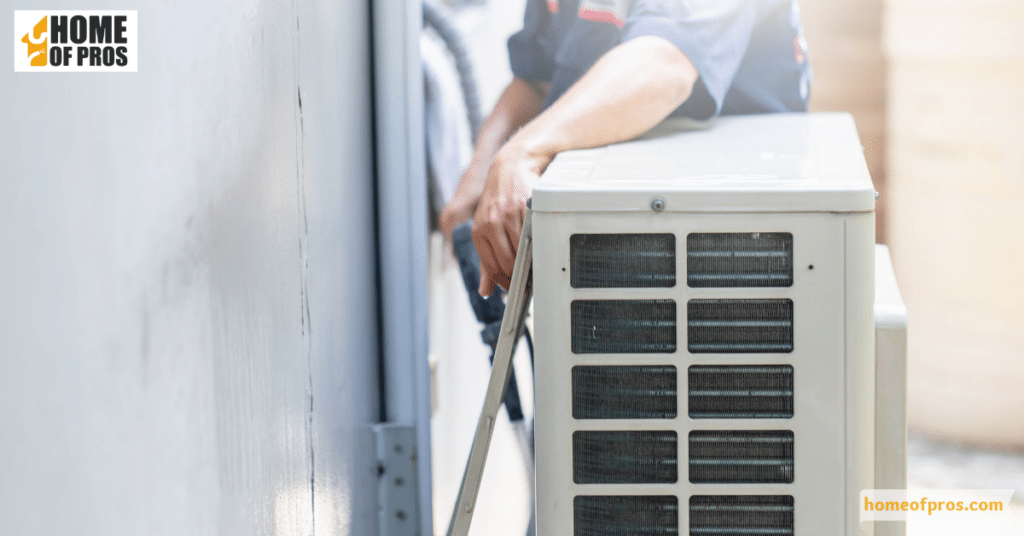
7. Annual Professional Maintenance
While regular homeowner maintenance tasks are essential, they are not a substitute for professional HVAC maintenance. Scheduling an annual service appointment with a qualified technician is crucial for comprehensive system care. During this visit, the technician will inspect, clean, and optimize your HVAC system.
They will also check refrigerant levels, electrical connections, and safety controls, ensuring that your system operates at peak efficiency and safety. Regular professional maintenance not only improves energy efficiency but also helps identify and address potential issues before they become major problems, ultimately saving you money on both energy bills and expensive repairs.
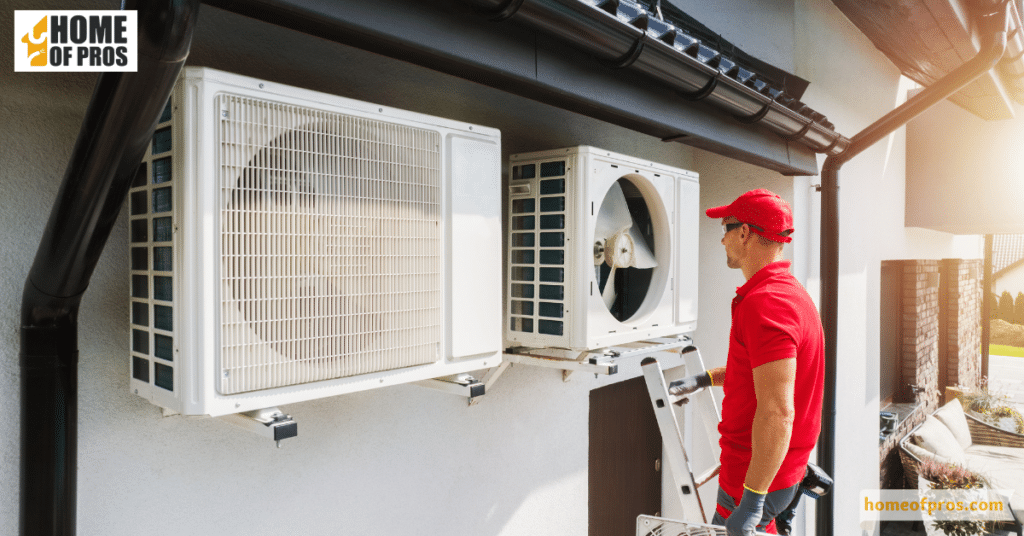
In conclusion
These seven essential HVAC maintenance tasks are the cornerstone of a proactive approach to home comfort and energy efficiency. Regularly changing filters, cleaning coils and ducts, lubricating moving parts, calibrating thermostats, and keeping the outdoor unit clear of debris are all simple yet effective ways to ensure your HVAC system operates efficiently and reliably.
However, it’s vital to complement these DIY efforts with annual professional maintenance to catch potential issues early and optimize system performance. By committing to these maintenance tasks, you not only reduce energy consumption and utility costs but also extend the lifespan of your HVAC equipment, ensuring comfort and peace of mind year-round.





